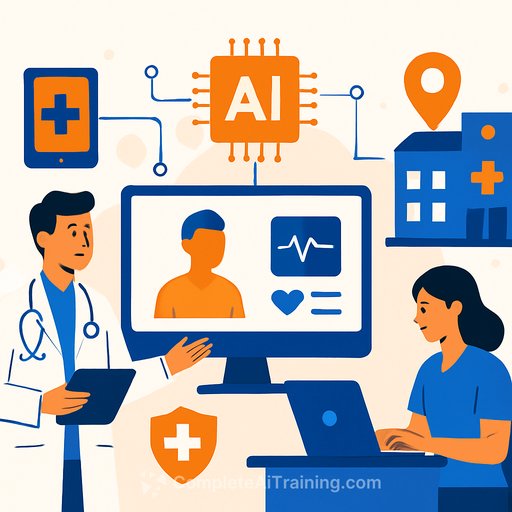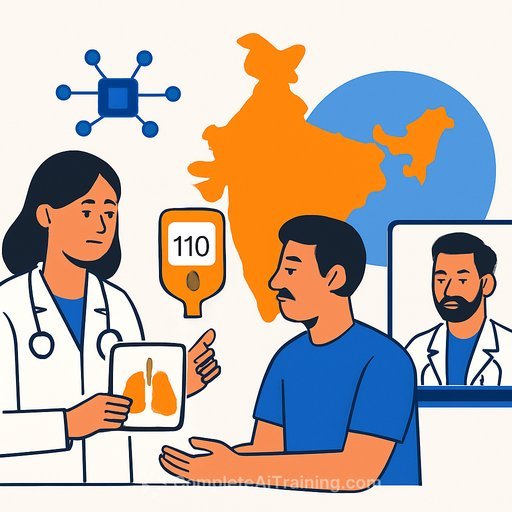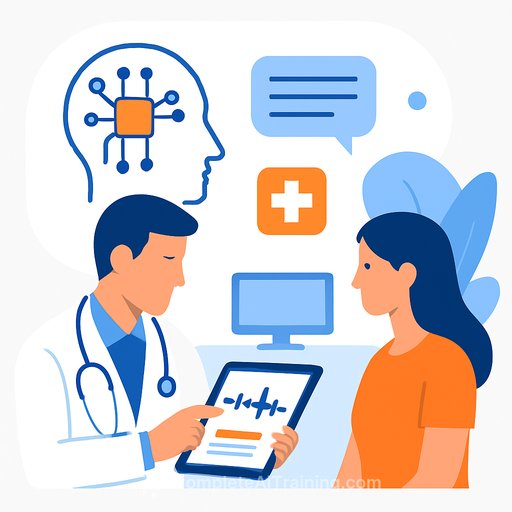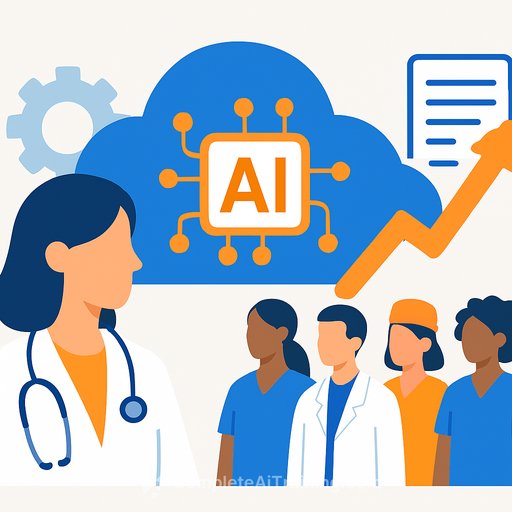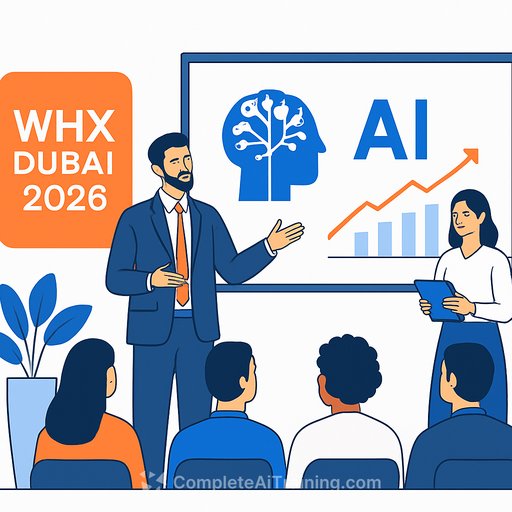How AI Can Improve Healthcare Access and Efficiency in Thailand
Thailand is recognized as a leader in medical technology within ASEAN, yet it faces challenges due to limited resources and budgets. Access to healthcare remains a significant concern, especially in local communities and underserved regions. Integrating healthcare services to reach these populations is critical for improving outcomes.
Thailand's medical equipment market, valued at over 200 billion baht including exports, is expected to grow by 5.5-7.0% annually between 2023 and 2025. Despite this growth, hospitals often operate with systems that lack full data integration, limiting efficiency.
The World Health Organization predicts a global shortage of 15 million healthcare professionals by 2030, with Southeast Asia facing a deficit of 6.9 million. This shortage will increase pressure on healthcare facilities, making innovations in technology essential to maintain quality care.
Global Impact of Connected Care Solutions
Philips, a global healthcare leader, is advancing medical technology with its connected care portfolio. These solutions ensure continuous connectivity throughout the patient care journey, from hospital admission to post-discharge home care.
Julia Strandberg, Executive Vice President at Philips Connected Care, emphasized the company's mission to improve health and quality of life for over 2.5 billion people worldwide. Philips’ hospital patient monitoring and connected care systems have supported more than 700 million patients globally.
Virtual care technologies are expanding access by enabling online consultations and remote management. By centralizing patient data from various devices, healthcare professionals can make faster, more informed decisions and coordinate care more effectively.
Promoting Accessible and Equitable Healthcare in Thailand
Thailand’s leadership in medical technology is recognized, but challenges remain due to resource constraints and regulatory differences across countries. Medical technology is expected to contribute significantly to Thailand’s economy by raising healthcare standards and boosting the domestic medical equipment industry.
Philips has supported Thailand’s healthcare system through initiatives such as donating 100 patient monitoring devices during the 2011 floods and supplying ultrasound machines to rural hospitals in partnership with the Heart Association of Thailand. These efforts improve healthcare access, particularly for diseases like stroke, heart disease, and lung conditions.
Effective integration of medical services is essential to address healthcare access challenges, especially in local communities. Philips continues to provide advanced medical tools to public and private hospitals as well as medical schools across Thailand.
AI-Driven Predictive Healthcare Solutions
Thailand is among the first countries slated to launch Philips’ new AI-powered products, pending regulatory approval. Economic and geopolitical factors are unlikely to hinder the import of these medical devices.
Philips focuses on AI technologies that enable early prediction of patient conditions through advanced analytics. This helps healthcare professionals receive timely warnings, allowing for proactive interventions.
Significant AI research is directed at heart disease management. Philips integrates image-guided therapy with connected devices and patient data to enable remote monitoring, ensuring accurate diagnosis and efficient treatment both inside and outside hospital settings.
Connected Care: Seamless Integration Across Patient Journeys
The concept of "connected care" links patient information continuously from emergency admission through surgery, ICU, general wards, and home recovery. This seamless data flow improves care coordination and reduces information loss common in traditional systems.
- Seamless: Continuous linkage of patient data throughout all stages of care.
- Connected: Integration of bedside medical devices with monitoring systems for real-time condition overview.
- Interoperable: Transferable patient data accessible across departments, minimizing redundant tasks and maximizing time for direct care.
In Thailand, Philips’ hospital patient monitoring and connected care systems are widely implemented in major hospitals and medical schools, supporting efficient and comprehensive patient management.
Your membership also unlocks:

